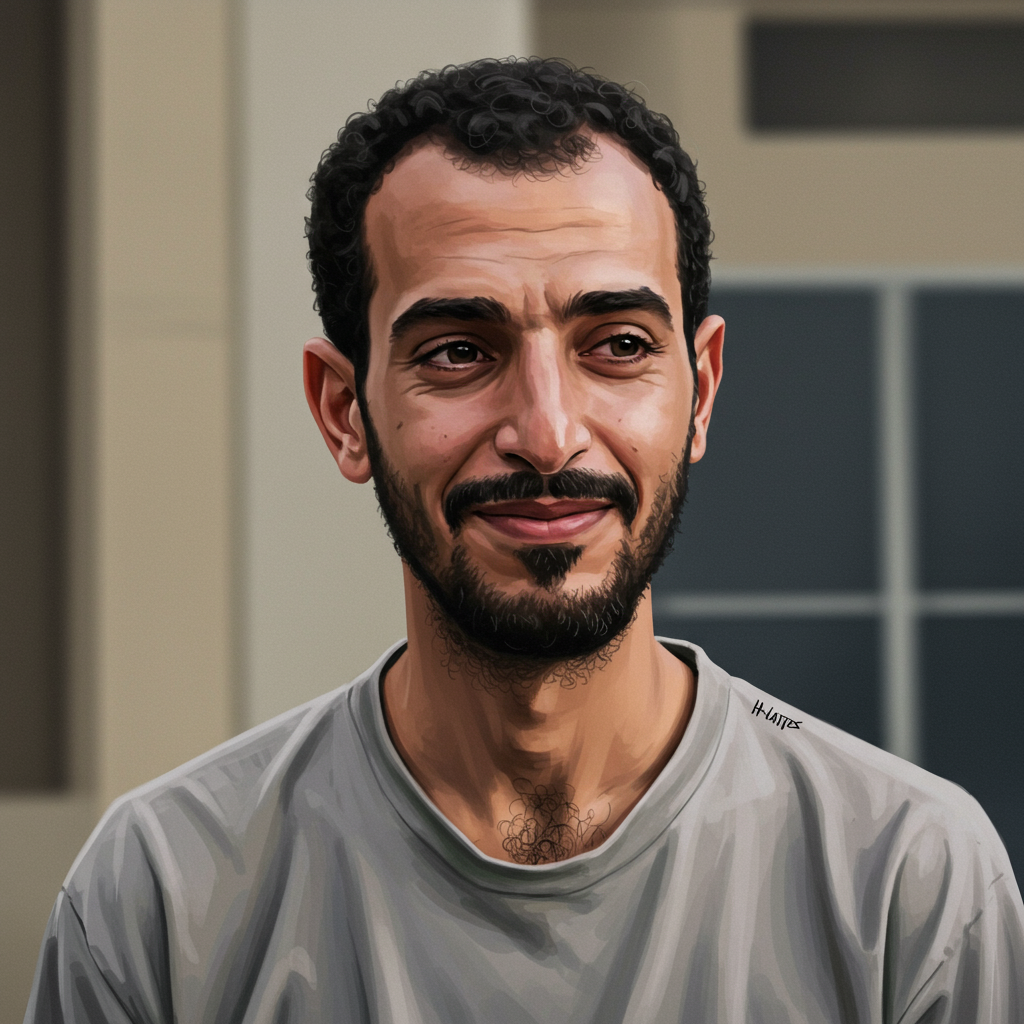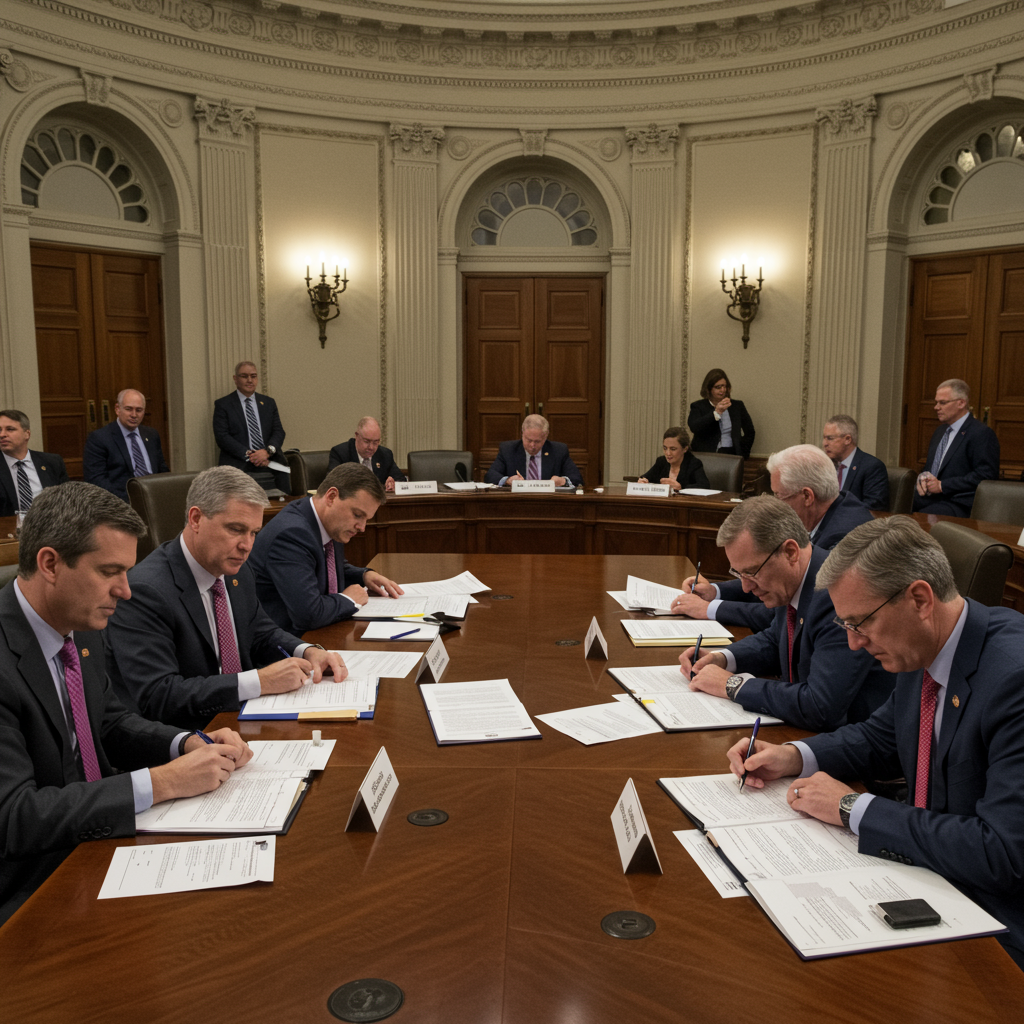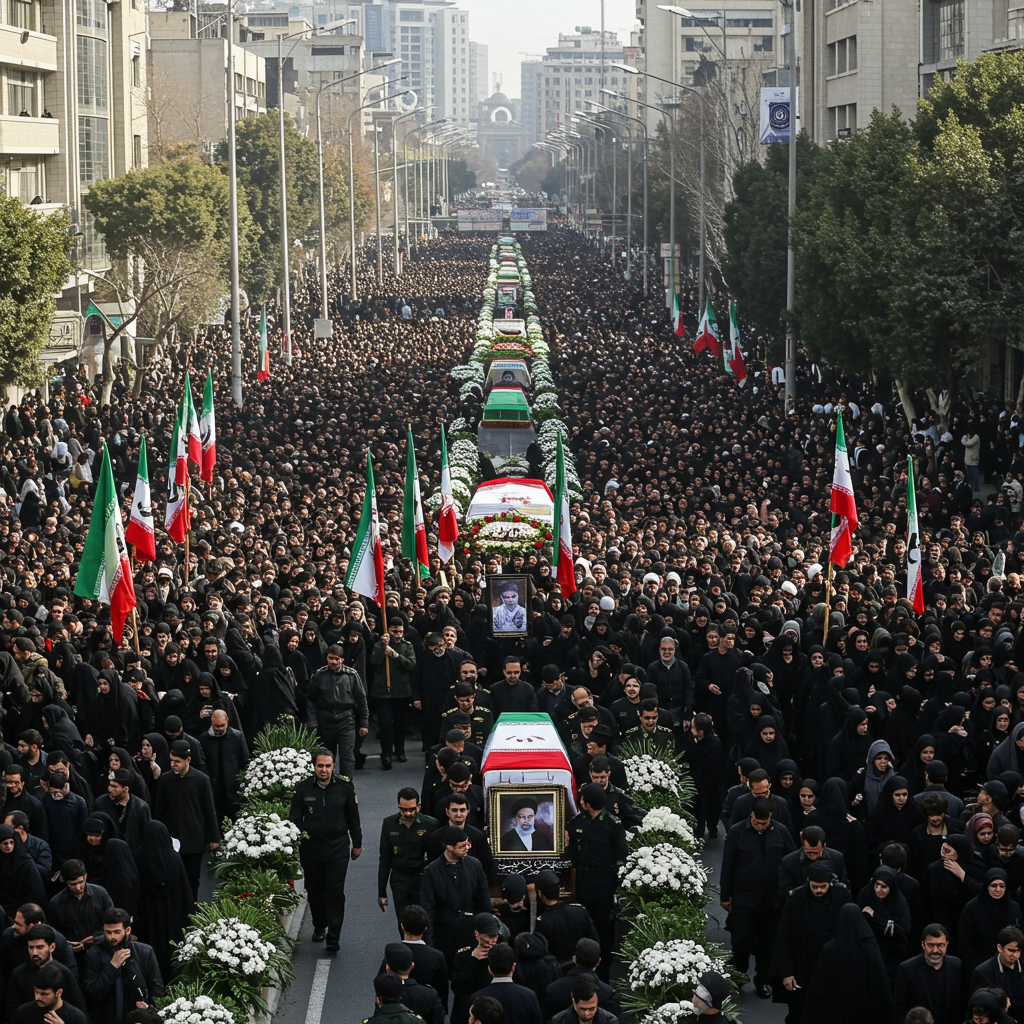Palestinian activist and former Columbia University graduate student Mahmoud Khalil has been released from federal immigration detention in Louisiana after being held for 104 days. His release came on Friday, June 20, 2025, following a federal judge’s order, though the government quickly filed notice of an appeal, signalling the legal battle is far from over.
Khalil, a legal U.S. resident and green card holder, became a prominent figure in the nationwide protests against Israel’s war in Gaza, particularly for his role as a negotiator and spokesperson for student activists at Columbia University. His case gained national attention as supporters argued his detention was politically motivated and a crackdown on free speech.
Detention and the Legal Fight Unfold
Mahmoud Khalil’s ordeal began on March 8, 2025, when federal immigration agents arrested him in New York City. The government positioned his arrest as an initial step in President Donald Trump’s response to campus protests. Khalil was subsequently transferred to a remote immigration detention facility in Jena, Louisiana, thousands of miles from his family and legal team.
Despite his high visibility in the Columbia protests, Khalil was not accused of participating in the administration building occupation or arrested by police in connection with the demonstrations themselves. Federal Judge Michael Farbiarz later noted evidence against Khalil showed “a lack of violence, a lack of property destruction, a lack of anything that might be characterized as incitement to violence.”
The government, however, sought his deportation. Initially, the justification cited was a rarely used statute allowing removal for individuals deemed to pose “potentially serious adverse foreign policy consequences for the United States,” based on views the administration considered antisemitic and “pro-Hamas.” Later, the Department of Homeland Security (DHS) shifted its focus, alleging Khalil lied on his green card application – an accusation Khalil disputes. DHS officials made strong claims, accusing Khalil of advocating for violence, supporting terrorists, harassing Jews, and damaging property, assertions contested by Khalil’s legal team and seemingly contradicted by Judge Farbiarz’s findings regarding his protest activity.
Khalil’s lawyers, including Alina Das, mounted a vigorous defense, arguing that his detention was unlawful retaliation for his protected speech under the First Amendment. They challenged the legality of holding a legal resident who posed no flight risk or danger.
The case saw conflicting judicial rulings. An immigration judge in Louisiana, Jamee E. Comans, initially ruled in April that the government had established sufficient grounds for Khalil’s removal. However, federal judges in New York and New Jersey had previously issued orders preventing his deportation while his case was under review. Despite these orders, Khalil remained detained for weeks.
The turning point came on Friday, June 20, when U.S. District Judge Michael Farbiarz in New Jersey ordered Khalil’s release. Judge Farbiarz deemed his continued detention “highly, highly unusual” for a legal resident, stating explicitly, “Petitioner is not a flight risk, and the evidence presented is that he is not a danger to the community. Period, full stop.” He found the government had “clearly not met” the standards for detention and denied the government’s request to delay his decision, ordering immediate release. Notably, this federal court order superseded an order issued the same day by Immigration Judge Comans, who had denied Khalil bond and ordered his removal.
Judge Farbiarz’s ruling barred the government from deporting Khalil solely based on the foreign policy argument but left the door open for deportation proceedings based on the green card application allegations.
Released, But the Fight Continues
Speaking outside the Louisiana detention facility shortly after his release, Mahmoud Khalil expressed relief but emphasized the delay. “Justice prevailed, but it’s very long overdue. This shouldn’t have taken three months,” he stated. He described his time in detention as revealing “a different reality about this country that supposedly champions human rights and liberty and justice.”
He later arrived at Newark International Airport in New Jersey, welcomed by supporters. His priority was reuniting with his wife, Dr. Noor Abdalla, and their infant son, Deen, who was born in April while Khalil was in custody. Khalil had been denied temporary release to attend the birth, though a judge later permitted a brief visit. His wife described his detention as “one of the most terrifying times of my life,” expressing profound relief at his return.
Khalil vowed to continue his activism. He stated he would continue protesting Israel’s war in Gaza, critically noting his view that the U.S. government funds the actions and Columbia University invests in them. He also pledged to advocate for the rights of the immigrants he met while detained, asserting that no one in the U.S. should be considered “illegal.”
His release was met with strong support from figures like U.S. Rep. Alexandria Ocasio-Cortez, who joined him at the airport. She characterized his detention as a violation of the First Amendment and an “affront to every American,” arguing the Trump administration’s actions were baseless, politically motivated, and that they knew they were “losing the legal battle.”
The government’s reaction was swift and sharp. The Department of Homeland Security filed an appeal immediately after Khalil’s release was ordered. DHS criticized Judge Farbiarz’s decision, controversially linking it to denying the outcome of the 2024 election and calling him a “rogue district judge” who undermined national security and public confidence. They reiterated their stance that an immigration judge, not a district judge, holds the authority over detention decisions. The White House echoed plans to appeal, expressing confidence they would be “vindicated” and expected to “remove Khalil from the U.S.”
Conditions of Release
As part of his release conditions set by U.S. Magistrate Judge Michael Hammer, Mahmoud Khalil was required to surrender his passport, preventing international travel. However, his green card was ordered returned to facilitate domestic movement, allowing travel primarily to New York and Michigan to visit family, New Jersey and Louisiana for court appearances and attorney meetings, and Washington D.C. to lobby Congress. He must also update his address with DHS. The court explicitly ordered no electronic monitoring.
Khalil’s release follows that of several other scholars and activists who had also been targeted and held in immigration custody in the preceding weeks. The case highlights ongoing tensions surrounding immigration enforcement, the rights of legal permanent residents, and the boundaries of free speech, particularly in the context of political activism. With the government’s appeal pending, Mahmoud Khalil’s legal fight continues even as he regains his freedom.



